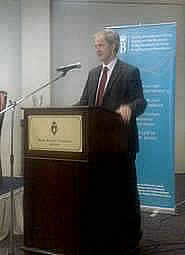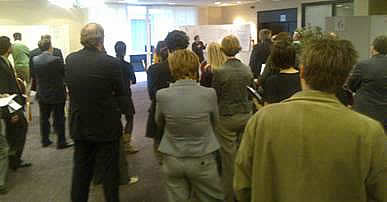
-
Buildings
-
Consumption and Attitudes
-
Social Protection
Read here the report on the final outcome of the Stakeholder Dialogue and KBF FOCUS: 'Low incomes and climate change'
CLIMATE CHANGE MITIGATION and SOCIAL JUSTICE |
| __________________________________________________________________________________________________________________________________________________________________________ |
 |
The King Baudouin Foundation has initiated a stakeholder debate on how best to develop an approach that combines effective climate change mitigation policies with social justice in Europe. The process produced recommendations for European policy makers. These recommendations were divided between five policy items:
Read here the report on the final outcome of the Stakeholder Dialogue and KBF FOCUS: 'Low incomes and climate change' |
| The starting point for the project was the study commissioned by the European Commission's "Adressing the Social Dimensions of Environment Policy (Pye et al., 2008).
3 and 4 May 2010 the closing event of the inspiring, insightful and lively debate process took place. During this event, the second stakeholder dialogue and the presentation of the policy recommendations were inserted in the programme.
On 4 May the policy recommendations were presented to the European Parliament and the European Commission. The recommendations in the document mark the culmination of a project, which examines the relationship between climate change mitigation policies and social justice. In the debate over how best to respond to the climate change challenge, the focus to date has been on what targets should be set for reducing greenhouse gas emissions and what measures are needed to meet those targets. Far less attention has been paid to the impact of these measures on different groups in European societies. How can we ensure that the costs and benefits of environmental policies are shared fairly across society in Europe? How can we prevent policies to combat climate change hitting the pockets of poorer households hardest? Can social policies contribute to achieving the European's Union climate change goals in a way that benefits everyone in society? |
|

|
Following the November 2009 conference, 5 themes were identified which provided the focus of discussions between the experts in an online forum and within online workshops during early 2010. The final event in Brussels on 3-4 May has finalised the recommendations and provided the opportunity to discuss them with top-level policy-makers.
The project provides timely input for policy makers during the European Year against Poverty and Social Exclusion and as they consider the way forward after the UN conference in December 2009. The Parliament and the Commission are well aware of:
Finally, after the informal council of Energy Ministers 19 July, there is the outreach (policy-maker dialogues and European conference as of September 2010. |
|---|